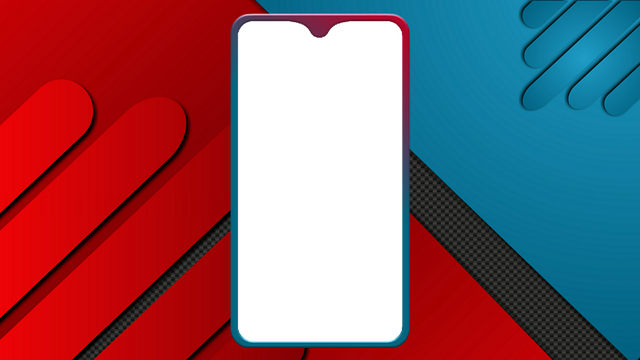In Canton, persistent spam calls disrupt healthcare services, increase costs, and pose legal risks, especially regarding patient data. South Dakota's Telemarketing and Consumer Fraud and Abuse Prevention Act (TCFAP) prohibits automated telemarketing without consent. The state's Attorney General's Office enforces this law, with severe penalties for violators. Healthcare organizations can mitigate spam calls using advanced filtering systems, staff training, and specialized spam call lawyers/attorneys in South Dakota who navigate telecommunications laws, ensuring compliance with anti-spam legislation like the TCPA. Engaging these professionals is a key step in creating safer communication environments within healthcare settings.
The financial burden of spam calls on Canton’s healthcare system is a growing concern. While these unwanted communications may seem like a minor nuisance, they significantly impact patient care and operational costs. This article delves into the multifaceted issue, exploring the legal aspects of spam call regulations in South Dakota and practical strategies for healthcare providers to mitigate these intrusions. Understanding these factors is crucial for both healthcare professionals and spam call lawyers in South Dakota, as they work together to protect patients and ensure compliance with spam call laws. Effective solutions are essential to preserve the quality of care within Canton’s healthcare system.
Understanding the Impact of Spam Calls on Canton's Healthcare System
In Canton, as in many parts of the country, the persistent deluge of spam calls has become a growing concern, particularly within the healthcare sector. These unwanted telephone intrusions not only disrupt patient-provider communication but also contribute to an unnecessary financial burden on medical facilities and professionals. The impact is multifaceted; it can lead to increased operational costs for healthcare providers who must dedicate valuable resources to managing these nuisance calls, potentially diverting attention from patient care.
Moreover, the prevalence of spam calls in healthcare poses legal implications, especially when sensitive patient information is involved. A spam call lawyer South Dakota, or a specialized spam call attorney and law firm in South Dakota, can play a crucial role in navigating these complex issues. By implementing stringent anti-spam legislation and stricter regulations, the state aims to protect residents from invasive marketing practices. Healthcare organizations and professionals in Canton should be aware of their rights and legal recourse when dealing with spam calls, ensuring compliance and mitigating potential financial losses.
Legal Aspects: Spam Call Laws in South Dakota and Their Enforcement
In South Dakota, the fight against spam calls has legal underpinnings, with specific laws aimed at protecting residents from unwanted telemarketing practices. The Telemarketing and Consumer Fraud and Abuse Prevention Act (TCFAP) prohibits spam call lawyers and attorneys from making prerecorded or automated telephone calls to consumers without their prior consent. This law is enforced by the South Dakota Attorney General’s Office, which has the authority to investigate complaints and take legal action against violators.
Spam call law firms in South Dakota face stringent penalties for non-compliance, including substantial fines and potential criminal charges. Consumers who believe they have been victims of spam calls can seek recourse through a lawyer for spam call cases. Spam call attorneys in South Dakota help protect the rights of residents by offering legal counsel, filing complaints, and, when necessary, representing clients in court to ensure that spam call law firms operate within the boundaries set by state legislation.
Strategies to Mitigate and Manage Spam Calls in a Healthcare Setting
In the healthcare sector, mitigating spam calls is a complex task due to the sensitivity and urgency of patient information. However, several strategies can be employed to manage this issue effectively. One approach is to implement robust filtering systems that use advanced algorithms to identify and block unwanted calls. These filters learn from patterns and characteristics specific to spam calls, ensuring a higher rate of accuracy in blocking these calls while allowing legitimate communications. Additionally, healthcare institutions should educate staff on recognizing potential spam calls, encouraging them to verify the source before engaging or reporting suspicious activities.
For legal assistance in tackling this problem, many organizations turn to specialized spam call lawyers in South Dakota. These attorneys and law firms focus on navigating the complex landscape of telecommunications law and have extensive experience dealing with spam call cases. They can provide guidance on implementing effective anti-spam measures, representing institutions in legal proceedings, and advising on compliance with relevant regulations such as the Telephone Consumer Protection Act (TCPA). Engaging a qualified spam call attorney or law firm in South Dakota is a proactive step towards creating a safer, less disruptive communication environment within healthcare settings.






